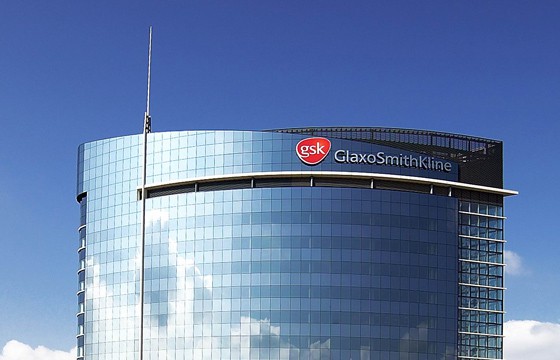
GlaxoSmithKline (GSK) is setting up a $5m fund for external researchers working in the area of bioelectronic medicines, boosting its investment in the emerging technology.
Earlier this year, GSK announced a prize of $1m for the first group to solve the key challenge – identified by the research community – which is holding up the development of miniaturised, implantable devices that could one day provide a new category of medicines.
The Bioelectronics Innovation Challenge set the task of developing a wireless device that can record, stimulate and block specific neural signals to and from a single visceral organ over a 60-day period, and the latest tranche of cash will be used to support academic groups and small companies who want to take part.
The hope is that these bioelectronic devices could be programmed to read and correct the neural signals that are involved in diseases such as as inflammatory bowel disease, arthritis, asthma, hypertension and diabetes, said the company in a statement.
GSK was the first big pharma company to make a significant investment in bioelectronic medicines, setting up a dedicated R&D unit in 2012 headed by Kristoffer Famm and following that last year with the creation of a $50m venture capital fund to support new companies working in this area.
The first block of external investment went to SetPoint Medical, a US company developing small implantable devices to treat inflammatory diseases, and since then the fund – called Action Potential Venture Capital – has also added start-up Axon Therapies to its portfolio.
The $5m fund will be open for applications by qualified teams until the end of November 2014, with GSK hoping to award three projects $1.2m each by the middle of 2015.
“We see the development of bioelectronic medicines as a collaborative process that will only be successful with the combined skills of world-leading engineers, physiologists, neuroscientists and informatics experts,” said GSK’s head of R&D Moncef Slaoui.
“The technology we target will unlock the next research phase towards a new class of treatments for patients,” he added.




